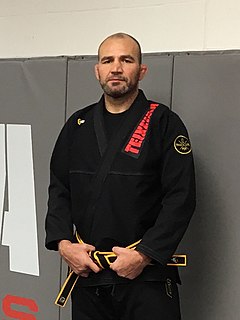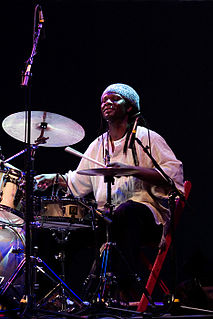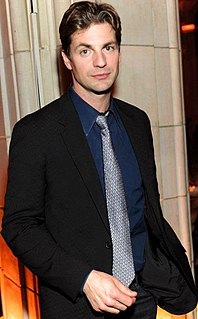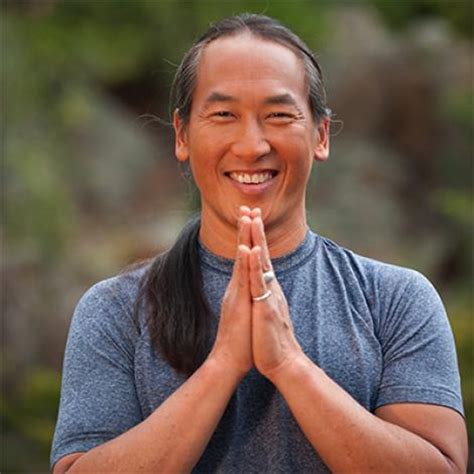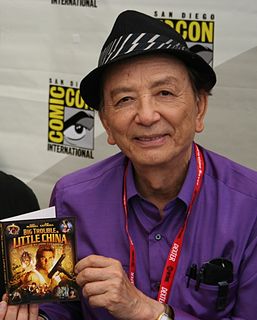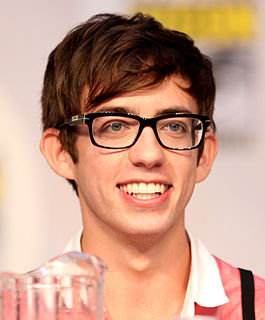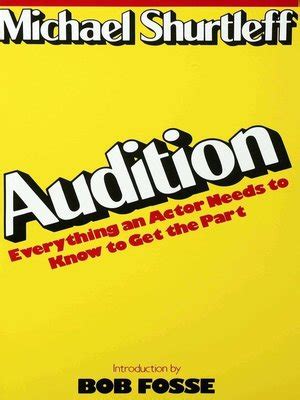A Quote by Julia Garner
If you feel like you're doing terrible in a scene, that usually means that you're not listening because you're too preoccupied with yourself... you're not listening to your scene partner. If you listen, you're naturally going to get that response that the camera's going to pick up because you just react.
Related Quotes
The secret is to listen, open your mind, listen to the pros. With the help of the UFC's Performance Institute, too. Listening to my coaches and listening to my body, too. Having discipline. It's not just listening, too, because sometimes people have the knowledge but don't know how to use it. You need to be able to put that to practice.
When I play with people, one of the first rules is to listen. Just by the near fact that you listen and you're open to listening, or you're listening and you're open to what this other person is doing. Also you going to be open to what you're doing and you're not going to have it like 'planned out'.
You are preparing yourself for a scene, and the most important thing is to remain emotionally available and remain in the moment with your scene partner. You don't want to let your own self-consciousness block the flow of creativity that's coming out so that you can act and react, and play what the scene is all about.
Become better listeners. Practice the art of listening in everything you do. Not just listening to yourself and your body, but listening to the people around you, listening to the plant world, the animal world. Really open your ears to what's coming at you. From there, see if you can have the ability to respond instead of react. And that usually comes with listening. If the observation and the listening are deep, then your action will be deep also.
I will do plays as long as they're interested in having me do them. It's the biggest opportunity to learn the most about how to act. Something I discover every time I'm doing one is how little I know about acting - how important the art of listening is, and how important it is to listen with your entire body. You can tell so much of a story with stillness, and a lot of that can be from really actively listening to your scene partner.
Don't eat the pizza; get lots of sleep - you have to take care of yourself. It's about being your tip top self at all times, and if you are unhealthy, or you're sick, or you don't feel good, even it's just because you're sluggish, you're not going to make it because you're not going to be able to react to things.
I love jazz. So to me, there are two main types of jazz. There's dancing jazz, and then there's listening jazz. Listening jazz is like Thelonius Monk or John Coltrane, where it's a listening experience. So that's what I like; I like to make stuff that you listen to. It's not really meant to get you up; it's meant to get your mind focused. That's why you sit and listen to jazz. You dance to big band or whatever, but for the most part, you sit and listen to jazz. I think it comes from that aesthetic, trying to take that jazz listening experience and put it on hip-hop.
When I've had to edit my albums, I'll listen to it one time through, and I'll make edits. I want to remember to set up a camera to record myself listening to my set, because I don't even slightly crack a smile, I am just listening for technical details, and I look like somebody that has absolutely no sense of humor. I look insane.
Some days are more intense and quiet, and then other days, you feel more relaxed and are able to open up on set. It just depends on what you're doing that day. I like to imagine that all the choices you make during the day that you're doing a particular scene are going to feed into the creation of that scene.
I really like the Chris-R scene and of course the "you are tearing me apart Lisa" scene. The reason I love the Chris-R scene is because we worked really hard to finish it. It's not just that though, it brings people together. Everyone is one the roof together by the end of the scene. You see the perspectives of the different characters. I feel like with all the connections in this scene that the room connects the entire world

